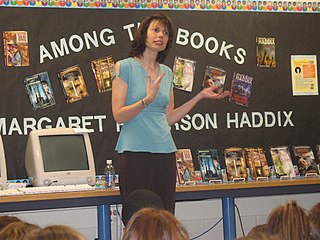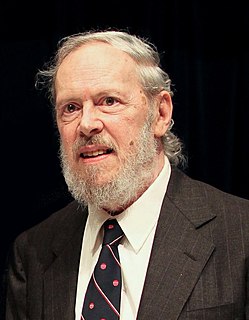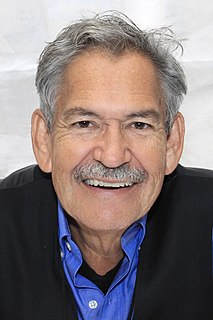A Quote by Arthur Smith
It's the time of year when the literati give advice on what we should be reading on our summer holidays. These terrifying lists often leave me appalled at my own ignorance, but also suspicious about the pretension of their advocates.
Related Quotes
Summer was here again. Summer, summer, summer. I loved and hated summers. Summers had a logic all their own and they always brought something out in me. Summer was supposed to be about freedom and youth and no school and possibilities and adventure and exploration. Summer was a book of hope. That's why I loved and hated summers. Because they made me want to believe.


































